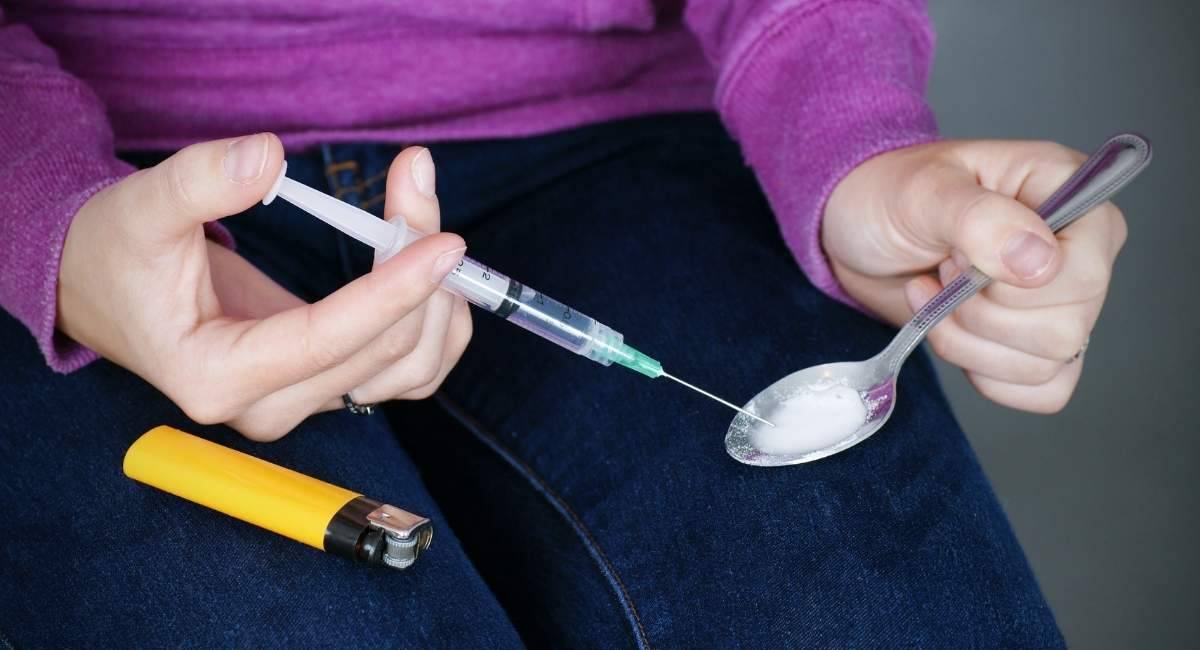Drug paraphernalia is defined under Texas Health and Safety Code § 481.115(17) as “equipment, a product, or material that is used or intended for use in planting, propagating, cultivating, growing, harvesting, manufacturing, compounding, converting, producing, processing, preparing, testing, analyzing, packaging, repackaging, storing, containing, or concealing a controlled substance in violation of this chapter or in injecting, ingesting, inhaling, or otherwise introducing into the human body a controlled substance in violation of this chapter.” People can face paraphernalia charges even when they are not in possession of a controlled substance.
While possession of drug paraphernalia is commonly a misdemeanor, certain offenses can result in felony charges. Any kind of paraphernalia conviction can also lead to a damaging mark on a person’s criminal record that creates a number of long-term consequences.
Possession of Drug Paraphernalia Defense Lawyer in Plano, Allen, Frisco, and McKinney, TX
Were you or your loved one arrested or ticketed for possession of drug paraphernalia in the Plano area? Do not think that your case is not important enough for a criminal defense attorney.
The Law Offices of Richard C. McConathy regularly defend people accused of paraphernalia offenses in communities all over Collin County. Our firm can help you understand all of your legal options when you call (469) 304-3422 or contact us online to receive a free consultation.
Possession of Drug Paraphernalia Charges in Texas
The definition of drug paraphernalia in the Texas Health and Safety Code includes all of the following:
- A scale or balance used or intended for use in weighing or measuring a controlled substance
- A dilutant or adulterant, such as quinine hydrochloride, mannitol, inositol, nicotinamide, dextrose, lactose, or absorbent, blotter-type material, that is used or intended to be used to increase the amount or weight of or to transfer a controlled substance regardless of whether the dilutant or adulterant diminishes the efficacy of the controlled substance
- A hypodermic syringe, needle, or other object used or intended for use in parenterally injecting a controlled substance into the human body
- A separation gin or sifter used or intended for use in removing twigs and seeds from or in otherwise cleaning or refining marihuana
- Testing equipment used or intended for use in identifying or in analyzing the strength, effectiveness, or purity of a controlled substance
- A blender, bowl, container, spoon, or mixing device used or intended for use in compounding a controlled substance
- A conversion device used or intended for use in increasing the potency of a species of plant that is a controlled substance
- A capsule, balloon, envelope, or other container used or intended for use in packaging small quantities of a controlled substance
- A material, compound, mixture, preparation, or kit used or intended for use in manufacturing, compounding, converting, producing, processing, or preparing a controlled substance
- A container or other object used or intended for use in storing or concealing a controlled substance
- A kit used or intended for use in planting, propagating, cultivating, growing, or harvesting a species of plant that is a controlled substance or from which a controlled substance may be derived
Objects used or intended for use in ingesting, inhaling, or otherwise introducing marijuana, cocaine, hashish, or hashish oil into the human body are also considered drug paraphernalia, with examples including:
- A chamber pipe
- A carburetor pipe
- An electric pipe
- An ice pipe or chiller
- A smoking or carburetion mask
- A metal, wooden, acrylic, glass, stone, plastic, or ceramic pipe with or without a screen, permanent screen, hashish head, or punctured metal bowl
- An air-driven pipe
- A bong
- A carburetion tube or device
- A chillum
- A water pipe
Texas Health and Safety Code § 481.183 establishes evidentiary rules relating to drug paraphernalia. All of the following can be considered by a court or other authority in addition to all other logically relevant factors when considering whether an item is drug paraphernalia:
- Oral or written instructions provided with the object concerning its use
- Expert testimony concerning the item’s use
- Descriptive material accompanying the object that explains or depicts its use
- Statements by an owner or person in control of the object concerning its use
- The manner in which the object is displayed for sale
- The physical design characteristics of the item
- Whether the owner or person in control of the object is a supplier of similar or related items to the community, such as a licensed distributor or dealer of tobacco products
- The existence of any residue of a controlled substance on the object
- Direct or circumstantial evidence of the ratio of sales of the object to the total sales of the business enterprise
- Direct or circumstantial evidence of the intent of an owner or other person in control of the object to deliver it to a person whom the person knows or should reasonably know intends to use the object to facilitate a violation of this chapter
- The existence and scope of uses for the object in the community

Possession of Drug Paraphernalia Penalties in Texas
It is a Class C misdemeanor if an alleged offender knowingly or intentionally uses, or possesses with intent to use, drug paraphernalia to plant, propagate, cultivate, grow, harvest, manufacture, compound, convert, produce, process, prepare, test, analyze, pack, repack, store, contain, or conceal a controlled substance or to inject, ingest, inhale, or otherwise introduce into the human body a controlled substance. A conviction is punishable by a fine of up to $500.
It is a Class A misdemeanor when an alleged offender knowingly or intentionally delivers, possesses with intent to deliver, or manufactures with intent to deliver drug paraphernalia knowing that the person who receives or who is intended to receive the drug paraphernalia intends that the paraphernalia be used to plant, propagate, cultivate, grow, harvest, manufacture, compound, convert, produce, process, prepare, tests, analyze, pack, repack, store, contain, or conceal a controlled substance or to inject, ingest, inhale, or otherwise introduce into the human body a controlled substance. A conviction is punishable by up to one year in jail and/or a fine of up to $4,000.
It is a state jail felony if an alleged offender 18 years of age or older knowingly or intentionally delivers, possesses with intent to deliver, or manufactures with intent to deliver drug paraphernalia knowing that the person who receives or who is intended to receive the drug paraphernalia intends that it be used to plant, propagate, cultivate, grow, harvest, manufacture, compound, convert, produce, process, prepare, test, analyze, pack, repack, store, contain, or conceal a controlled substance or to inject, ingest, inhale, or otherwise introduce into the human body a controlled substance, and the other person is younger than 18 years of age and at least three years younger than the alleged offender. A conviction is punishable by up to two years in state jail and a fine of up to $10,000.
Possession of Drug Paraphernalia Defenses in Collin County
People could be charged with possession of drug paraphernalia when the alleged paraphernalia involved was not actually associated with drug use. In such cases, you will want to have an attorney that your product was only used for lawful purposes and can call attention to the lack of evidence connecting the object to any drug use.
Another possible defense in these cases could concern how police discovered the paraphernalia. When authorities seize paraphernalia through an illegal search, the evidence could then be inadmissible in court.
Possession of Drug Paraphernalia Resources in Collin County
How to Identify Drug Paraphernalia | Get Smart About Drugs — On this section of the United States Drug Enforcement Administration (DEA) website, you can learn more about drug paraphernalia. Find information about different kinds of paraphernalia for various drugs. You can also learn more about federal penalties for drug paraphernalia offenses.
Drug Paraphernalia Fast Facts | Department of Justice — This Department of Justice publication discusses what drug paraphernalia is. Learn more about what paraphernalia looks like and where it is sold. Legality issues concerning paraphernalia are also addressed.
Find a Collin County Possession of Drug Paraphernalia Attorney | Law Offices of Richard C. McConathy
If you or your loved one were arrested or ticketed for possession of drug paraphernalia in Plano or a nearby community in Collin County, you will want to take your criminal charges seriously. Do not plead guilty and accept a criminal record when you might be able to fight the criminal charges.
The Law Offices of Richard C. McConathy can work to possibly get your criminal charges completely dismissed. Call (469) 304-3422 or contact us online to schedule a free consultation.


